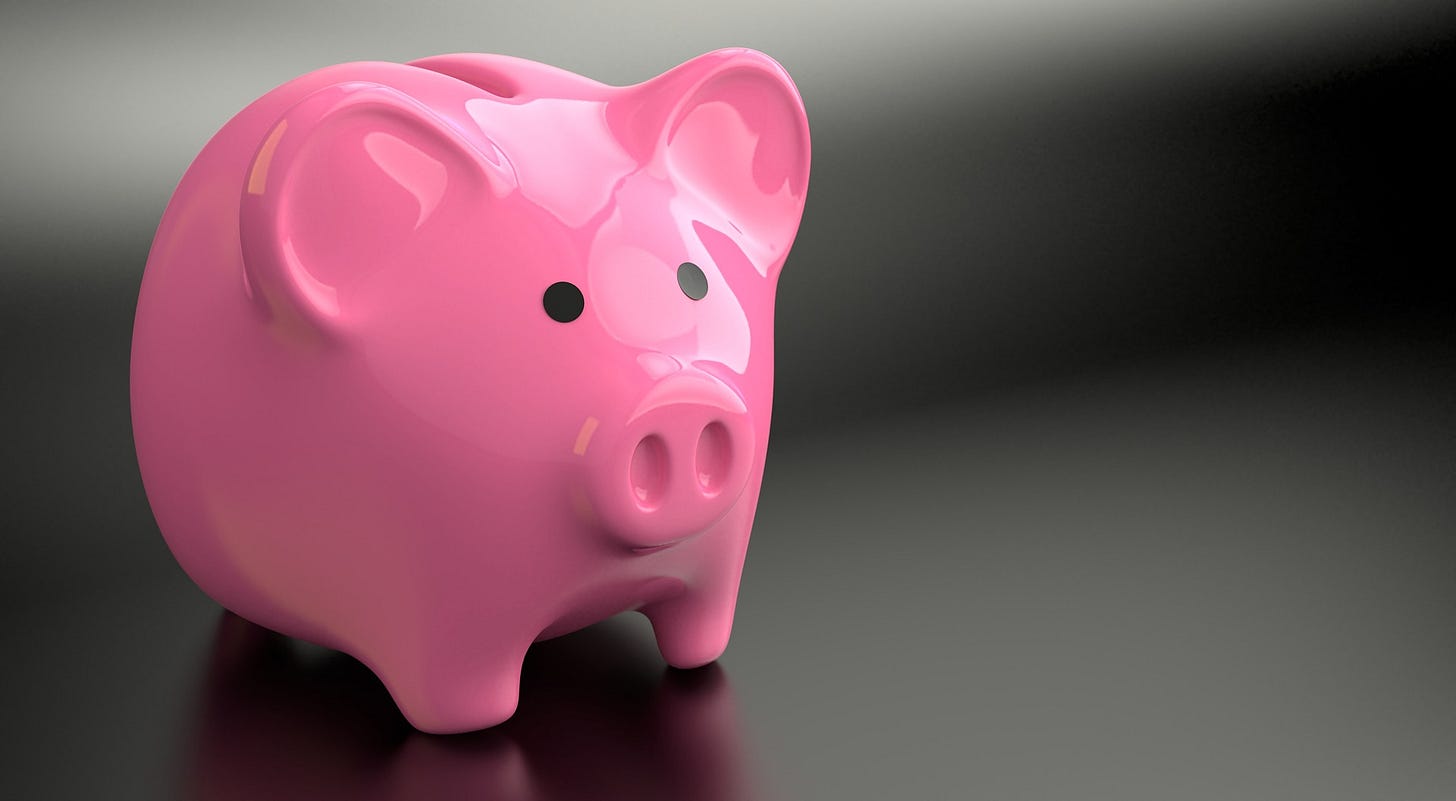The English word “bank”, in these early days of our Bank of Nature exploration, has already put up some research roadblocks — and, as part of documenting our feasibility efforts, we’re using these challenges as information.
In this case, one can muddle a creative conversation about what a Bank of Nature might be by zeroing in, instead, on “What do you mean by bank?”
It’s curious. I mean I think “bank” is fairly well understood in many meanings.
For just English alone, Investopedia1 says
A bank is a financial institution licensed to receive deposits and make loans.
There are several types of banks including retail, commercial, and investment banks.
In most countries, banks are regulated by the national government or central bank.
“Banks are a very important part of the economy because they provide vital services for both consumers and businesses. As financial services providers, they give you a safe place to store your cash. Banks also provide credit opportunities for people and corporations. Just like any other business, the goal of a bank is to earn a profit for its owners. For most banks, the owners are their shareholders. Banks do this by charging more interest on the loans and other debt they issue to borrowers than what they pay to people who use their savings vehicles.”
It also refers to a stockpile of something, like a blood bank or a natural resource, or a place for storage of, say, money and gold bars. It could be an accumulation of, say, snow or the slope toward the river, maybe even a Rive Gauche.
At a minimum nature is a stockpile of something — so technically a bank. But, to be fair to the sticklers, it is not yet a place where you can use an ATM. This is a problem and an opportunity.
The problem? We don’t return value to nature when we extract value. Sustainability folks call that overshoot, using resources faster than nature can repair them. This, in part, can explain our worsening situation with climate and diminishing biota. We aren’t paying nature back with interest… like it was a real world credit union or corner bank. The opportunity? To extend the value of nature by treating it exactly like a first secured creditor, to pay in real currency rent to nature for our use of it. This, in part, could pay for a climate crisis fix.
In concept anyway.
Once we nail down what we mean by bank then we can go to that other word. “What do you mean by nature?”
We push one obstacle down after another, knowing of course that the status quo will defend against disruption even if that disruptive idea is meant to allow the status quo a chance for a longer horizon. Bank on it.
Thank you to ASU for its support of our Bank of Nature project.
https://www.investopedia.com/terms/b/bank.asp






For me, also, Ian’s concept of a Bank of Nature is proposing a new social structure for exercising financial agency in social decision making.
For many everyday people living our everyday lives, a bank is a generic term that refers generally to all our social structures for financial agency.
So, in that sense also, Ian’s Bank of Nature is correctly called a bank.